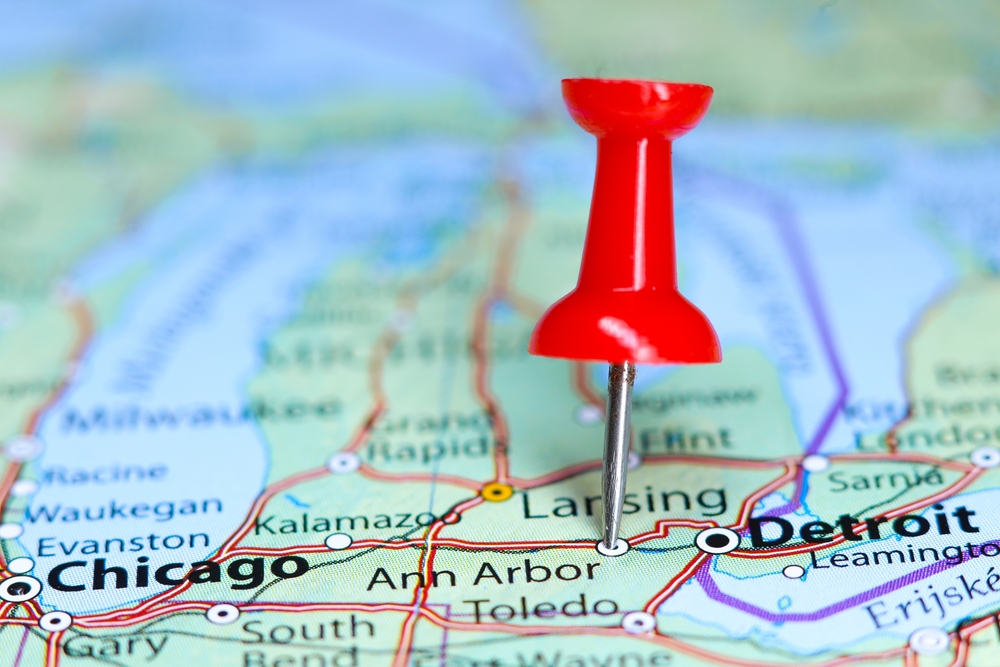
Ann Arbor, Michigan, hopes to launch its innovative Sustainable Energy Utility (SEU) in 18-24 months after a ballot measure allowing its creation won 80% of the vote on November 5.
The community-owned utility will provide solar and storage for homes and businesses that opt into the program, as described by Missy Stults, Ann Arbor’s sustainability and innovations director, in a September 25 Energy Changemakers podcast.
The city, which has a population of about 120,000 people, has begun a wait list for those interested in subscribing to the program. About 200 people have already signed up, according to a news report yesterday.
A conservative analysis done for the city indicates that subscribers to the SEU will pay the same amount or less for their energy than those who take their power from the local utility, DTE Energy, according to Stults. At the same time, they’ll gain greater electric reliability in a region where an aging grid is vulnerable to power outages, she said.
While the city will run the SEU, handling billing and administrative functions, it intends to outsource the solar and storage installations to private companies. SEU participants will be grid-connected and continue to be DTE Energy customers. They will pay no upfront costs for their solar and storage systems but will receive a monthly energy bill from the SEU.
Subscribe to the free Energy Changemakers Newsletter
Before installing equipment, the SEU will profile energy use in the home or business to determine if it would benefit from energy efficiency measures. Based on the profile, the customer would be offered various options, which could be paid for through on-bill financing.
The SEU grew out of Ann Arbor’s goal to be carbon neutral in a just and equitable way by 2030 — what it calls A2ZERO.
“We want to thank everyone who helped shape the SEU, and everyone who has worked to support our A2ZERO goals,” said Milton Dohoney Jr., Ann Arbor city administrator. “Our community is able to do this transformative and innovative work because the residents of Ann Arbor empower us to do it, and for that we’re very grateful.”
